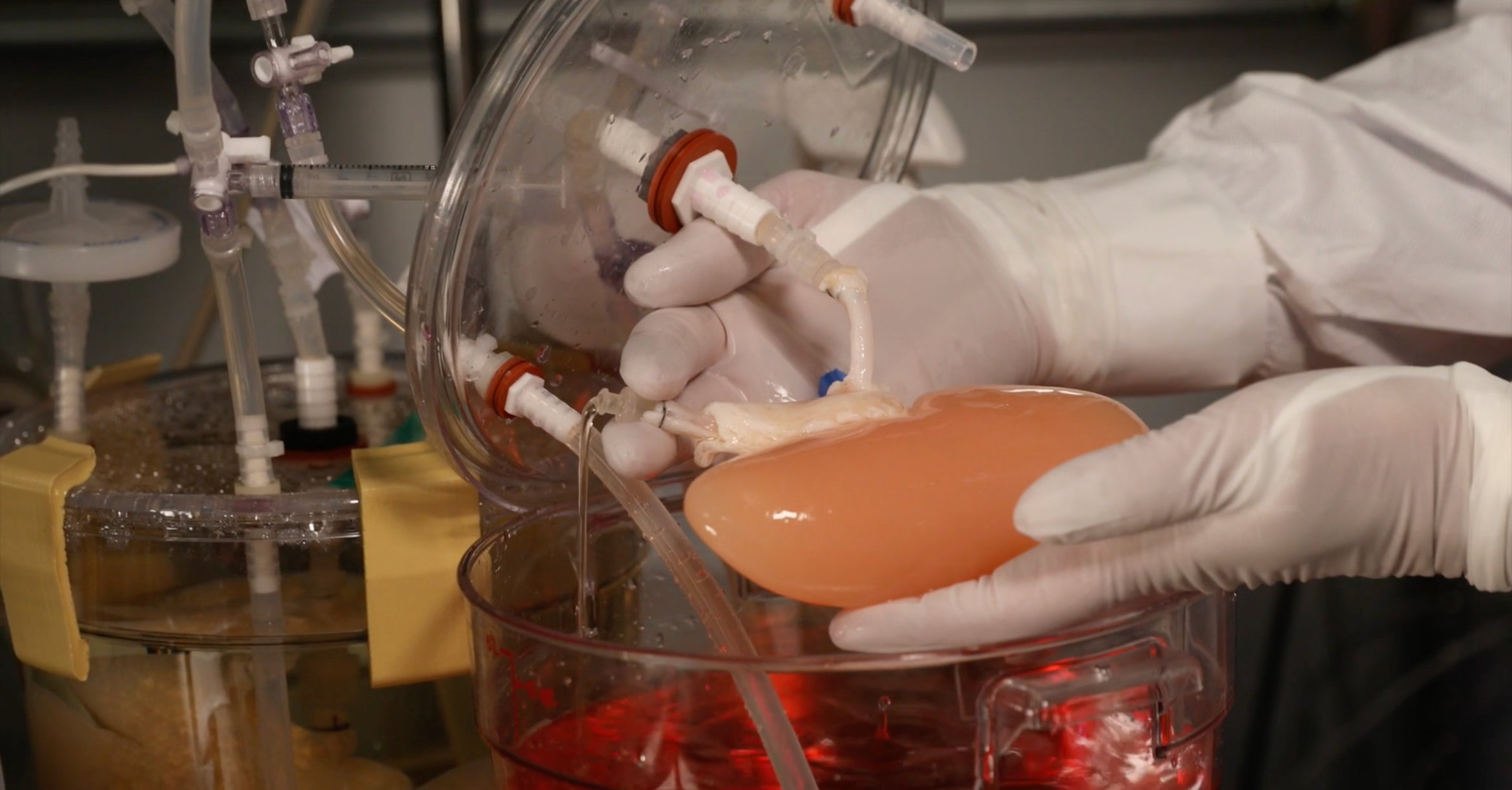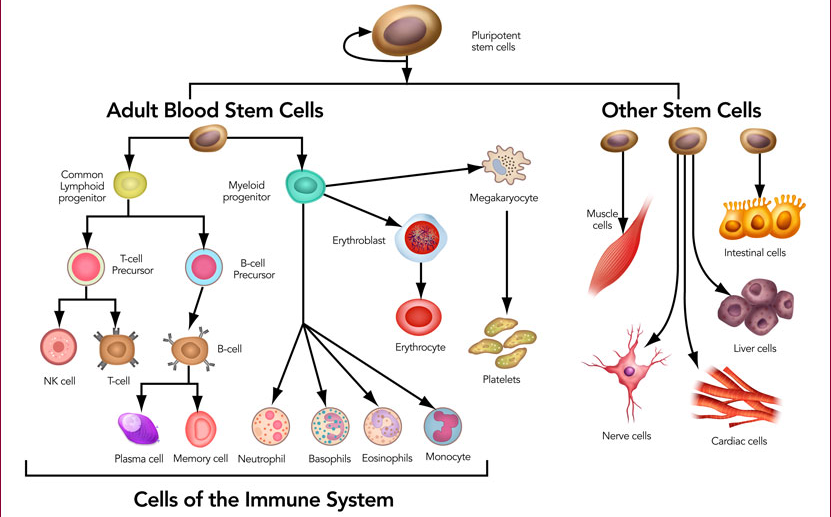Title: Organ Scaffolds and Stem Cells: Pioneering a New Frontier in Longevity Medicine

Introduction
As the quest for longevity gains momentum, the medical field is experiencing significant breakthroughs in the form of organ scaffolds and stem cells. This revolutionary approach to life extension not only promises to extend human lifespan but also to enhance the quality of life. In this article, we delve into the exciting world of organ scaffolds, stem cells, and their role in longevity medicine. We will explore the promises they hold, the challenges they present, and how they are transforming the future of longevity medicine at biotechnology clinics worldwide.

Organ Scaffolds: The Basics
Organ scaffolds are essentially 3D structures that provide a supportive environment for the growth of new organs. These structures serve as a ‘blueprint’ for organ development, allowing for the production of autologous organs (organs grown from the patient’s own cells), thereby reducing the risk of rejection and obviating the need for immunosuppressant drugs.

The Science Behind Organ Scaffolds
The process of creating organ scaffolds involves the use of decellularization techniques, where an organ is stripped of its cells, leaving behind a ‘scaffold’ of connective tissues. This scaffold maintains the intricate architecture of the original organ and provides a hospitable environment for new cells to grow and differentiate.

Stem Cells: The Building Blocks of Autologous Organs
Stem cells, due to their ability to differentiate into various cell types, serve as the building blocks for new organs. Once the organ scaffold is prepared, stem cells are seeded onto it. These cells then grow and differentiate to form a fully functional organ. This process is known as recellularization.

Stem Cell Sources and Types
Stem cells can be obtained from various sources, including embryonic stem cells, adult stem cells, and induced pluripotent stem cells (iPSCs). While embryonic stem cells exhibit the highest potential for differentiation, ethical considerations limit their use. Adult stem cells, on the other hand, are less controversial but have limited differentiation potential. iPSCs, created by reprogramming mature cells into a stem-like state, present a promising alternative, combining the high differentiation potential of embryonic stem cells with the ethical acceptability of adult stem cells.
The Intersection of Organ Scaffolds and Stem Cells in Longevity Medicine
The combination of organ scaffolds and stem cells creates a powerful tool in the field of longevity medicine. By enabling the production of autologous organs, this technology can potentially alleviate the organ shortage crisis and extend human lifespan by replacing failing organs.
Biotechnology Clinics: The Vanguard of Longevity Medicine
Biotechnology clinics worldwide are at the forefront of this revolution. These clinics are leveraging the power of organ scaffolds and stem cells to pioneer treatments that not only extend life but also improve its quality.
Challenges and Future Directions
While the potential of organ scaffolds and stem cells in longevity medicine is undeniable, several challenges need to be addressed. These include the need for more effective decellularization and recellularization techniques, the risk of tumorigenesis associated with stem cells, and the ethical considerations related to their use.
Despite these challenges, the future of longevity medicine looks promising, with ongoing research focused on overcoming these hurdles and optimizing the use of organ scaffolds and stem cells.
Conclusion
Organ scaffolds and stem cells represent a new frontier in longevity medicine, offering the potential for life extension and improved quality of life. While challenges remain, the progress made thus far is encouraging, and the ongoing research promises to deliver even more exciting breakthroughs in the future.
As medical professionals, longevity enthusiasts, or elite clients seeking to extend their healthspan, it is crucial to stay abreast of these developments and understand their implications. Discover how organ scaffolds and stem cells are transforming longevity medicine and join the vanguard of this exciting revolution.



